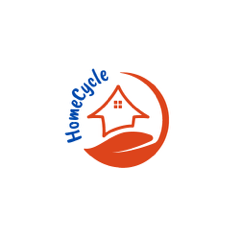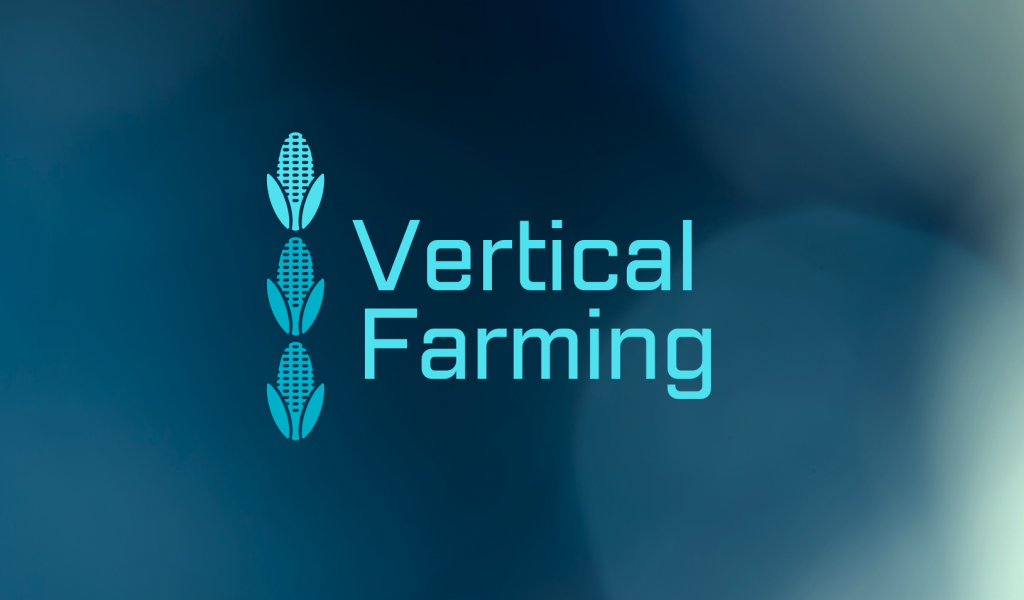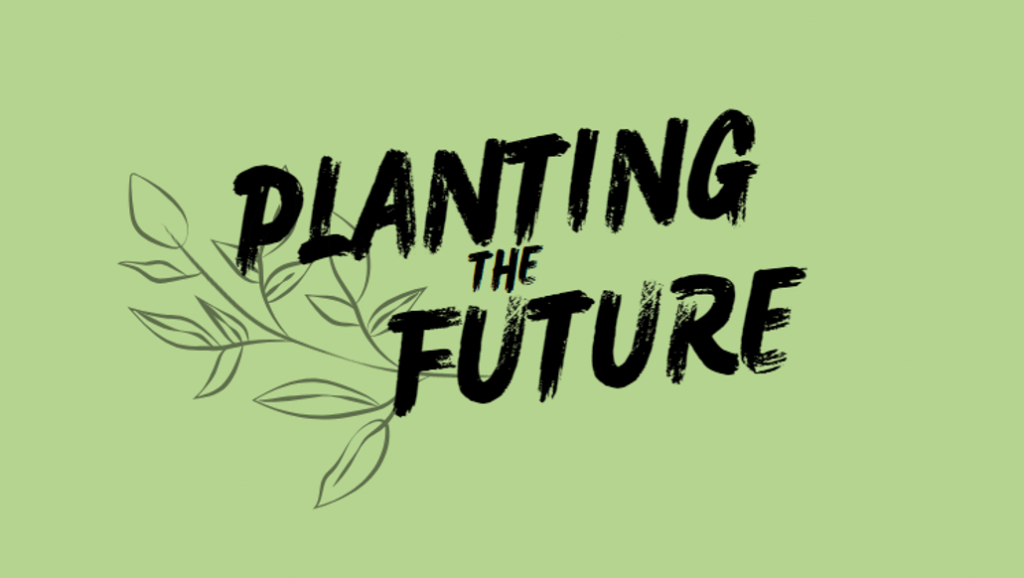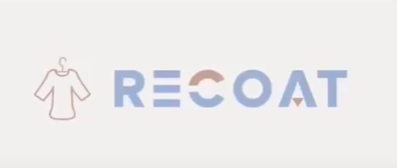
“Upcycling workshops run by special people”
homelessness
- Faatimah Akhtar GCU
- Laura Vaiani PIN
- Jessica Michael-Odobi GCU
- Marc Arnau MBS
- Brian McEwan GCU
- Rachel Goncalves UA
- Janice Mendes UA
Homecycle curbs homelessness stigmatisation by giving space for homeless people to host upcycling workshops and create their own upcycled pieces. The operation aims to not only provide employment, but also reinsertion into the community and promotion of skills within circular economy. The promotion of art and training by homeless people mitigates generalisation and gives them a voice to express their creativity and talent, whatever their living situation.

“Delivering locally grown product that would otherwise travel thousands of miles”
Food security
- Neil Mathie GCU
- David Douglas GCU
- Aliya Suleimenova PIN
- Angye Retavisca MBS
- Ines Galante UA
- Joana Alves UA
- Diogo Ferreira de Almeida UA
Agriculture is in a Catch 22 situation. The root of many causes of climate change whilst at the same time vulnerable to its effects. With the demands of a rising population to contend with, agriculture must make changes. To confront these problems the term Vertical Farming was coined. Now a prohibitively energy intensive process, intelligent integration and the new process of Fogponics will transform vertical farming. This will make it an integral process for reducing climate change impacts and increasing food security. We aim to offer deliverable vegetable boxes of locally grown, exotic produce.

“The platform’s emphasis on mental health support has been a game-changer ensuring the priorities for my own life and those of others around me.”
mental health
- Marc Ignaz-Martens MBS
- Kristian Riis MBS
- Catarina Gomes UA
- Matilde Brito UA
- João Neves UA
- Berta Baldrich UPF
Social-Up is an all-in-one platform for exchange and local students, focusing on integration, mental well-being, and practical support. In collaboration with Universities, it connects students with local communities through social networking, events, and forums. A mentorship program pairs incoming students with locals for guidance and support. Mental health resources, workshops, and webinars address well-being. Practical information includes guides on living, studying, and local customs. Language learning resources facilitate communication. An Apartment Swapping feature solves housing challenges by matching students based on preferences, providing verification, reviews, and legal support.

“Combining sustainable agriculture and support for those in need.”
homelessness
- Luis Pinto UA
- Afonso Carreira UA
- Matilde Antunes UA
- Fernanda Breseghello GCU
- Gino Obaseki GCU
Planting the future utilises empty land in Portugal -often unexploited but demanding large investment in maintenance and forest fire prevention- by setting up community gardens. These gardens generate organic produce, thanks to the work of volunteers and the homeless. Involved parties receive agricultural learning, from sustainable cultivation techniques to composting. Additionally, facilities for the homeless are to be fully integrated in the garden, providing them a safe work and living space. The gardens would become a community hub, across generations and background, all the while producing high quality locally grown crops.

“Give new life to wasted fabric that still has so much to give”
Fast Fashion
- Anna Salido Pladevall UPF
- Max Winkler MBS
- Leonor Leitão UA
- Beatriz Rodrigues UA
- Seán Sammon-Duignan DCU
- Camila Moreira UA
- João Azevedo UA
Recoat finds purpose for thrown away fabric and clothes resulting from fast fashion and turns them into new products, notably sleeping bags for those in needs. Indeed, fast fashion industry has been increasingly rapidly, with a yearly consumption of 80 billion new pieces which depletes non-renewable resources, emits greenhouse gases and often employs vulnerable communities in poor conditions. Moreover, the results clothing finds itself thrown away in huge quantities. Combining ecological and social impact, Recoat is open to partnerships with NGOs and more to maximise the upcycling of textile rejects.
